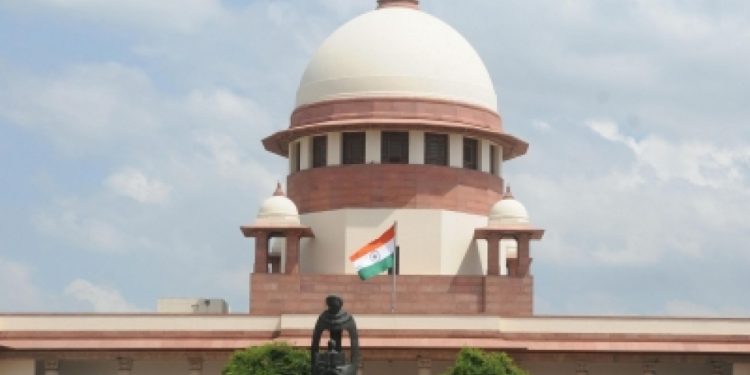The Centre has filed an affidavit in the Supreme Court agreeing to bear the loss of banks which may result from a proposed waiver of compound interest i.e. ‘interest on interest’ on loans up to Rs 2 crore for most vulnerable category of borrowers for the six-month moratorium announced by the RBI in the aftermath of the Covid-19 outbreak in the country. The government’s decision has not come a day too soon. In fact, the Centre was forced to take this stand after a batch of petitions was filed in the Supreme Court with the later directing the government to take a stand on the issue without further delay. In the affidavit, the Finance Ministry said the concession would be given to eight categories, including housing, education, MSMEs (micro, small and medium enterprises), consumer durable, credit card dues, auto, personal and consumption loans, irrespective of whether a borrower availed of moratorium or not. The apex court is yet to give its ruling on the Centre’s affidavit.
The case is slated to come up October 13. Pending a final decision by the apex court, the Centre’s affidavit begs many questions. First of all, it does not say anything on what will happen to those who went on paying their EMIs despite economic hardships caused by the coronavirus. The SC has also expressed reservations as the affidavit does not say anything on what it has done with regard to the Kamath Committee report. The RBI has accepted the recommendations of a committee headed by veteran banker KV Kamath set up to devise a resolution framework for stressed assets of banks caused by Covid-19. The panel has recommended financial ratios for 26 sectors which could be factored by lending institutions while finalising the resolution plan for a borrower. The Supreme Court also stressed the core issue of eliminating interest on interest for borrowers during the moratorium period for six months.
The Centre’s affidavit has a lot of grey areas. We will wait to see how the Supreme Court goes about the case. The issue is a complex one. Waiver of interest will work out to a loss of around `7,000 crore by the banks. Who will bear this loss? There are no free lunches. The government raises money through taxes and eventually the cost will be borne by people. Every taxpayer will be made to pay to subsidise a borrower. While we appreciate the government’s stand on bearing the loss of banks towards waiver of interest, it will be better if the government makes it clear as to how it is going to raise this money. It is also not fair to make every taxpayer to pay for loans up to `2 crore taken for various purposes including business and consumption. Pending a decision of the Supreme Court, it is important for the government to ensure that the disciplined borrower, who did not want to take the tax holiday announced by the RBI, does not feel cheated for taking the trouble of paying off the loans every month. In the past, the government has demonstrated such insensitivity when it waived off farm loans.
Borrowers of farm loans, who did not pay even a single EMI, were treated on the same footing as those who went on paying off every EMI. When the waiver finally came everybody benefitted. Both the defaulter and the upright borrower were treated equally, but not equitably. This has been in vogue in India for ages. This is why farm loan taker never felt the urge of paying back as they knew sooner and later the government would announce a waiver of principal and interest. While defaulters were rewarded disciplined borrowers felt cheated. This time around, the government should not take this approach. We hope the top court will keep this aspect in mind while disposing the case. Failing this, people will lose all hopes on the system. People must not be taken for a ride for being honest. We hope the government keeps this in mind.






































